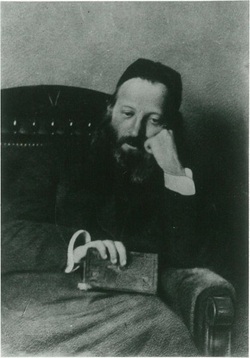- Home
- Teachings (1)
- Teachings (2)
- Teachings (3)
-
Rav Kook's Journals
- From My Inner Chambers
- Thirst for the Living God
- The Pangs of the Soul
- Yearning to Speak a Word
- Singer of the Song of Infinity
- Wellspring of Holiness
- I Take Heed
- To Know Each of Your Secrets
- Great is My Desire
- To Serve God
- To Return to God
- Land of Israel
- My Love is Great
- Listen to Me, My People
- Birth Pangs of Redemption
- New Translations
- Lights of Teshuvah
- About the Translator
- Contact Me
Death

Within the Spirit of All Creation
Our temporary existence is only one spark of our eternal existence, the glory of ever‑lasting life. There is only one way to bring forth the wealth of goodness concealed within our this‑worldly life: and that is our connection to our eternal life.
This is an inner understanding that dwells within the spirit of all creation. All the spiritual battles in the world cannot dislodge it. All they do is prepare the way before it. Even those forces that oppose this understanding ultimately, in the depths of truth, support it.
A life of true civility and culture is based solidly on one’s connection to eternity.
The yearning for the glory of that eternity overwhelms death. It wipes the tear from every eye.
Orot Hakodesh II, p. 377
Death is a False Phenomenon
Death is a false phenomenon. What makes death unclean is that it spreads an aura of falsehood. Actually, what people call death is the opposite: an ascent into an even greater and more real life.
We are plunged into the depths of small‑mindedness. What has placed us here? Our physical and emotional drives. These drives, gazing upon this ascent into life, interpret it as a dreadful, black phenomenon that they label: death.
In their purity, the cohanim must shield themselves from this falsehood. The only way to escape while this false consciousness lays spread across the earth is to avert one’s eyes from any sights that cause one’s soul to err. That is why the cohanim are commanded to avoid the vicinity of any dead person—for in their human apprehension of death, this falsehood, they are defiled.
Orot Hakodesh II, p. 380